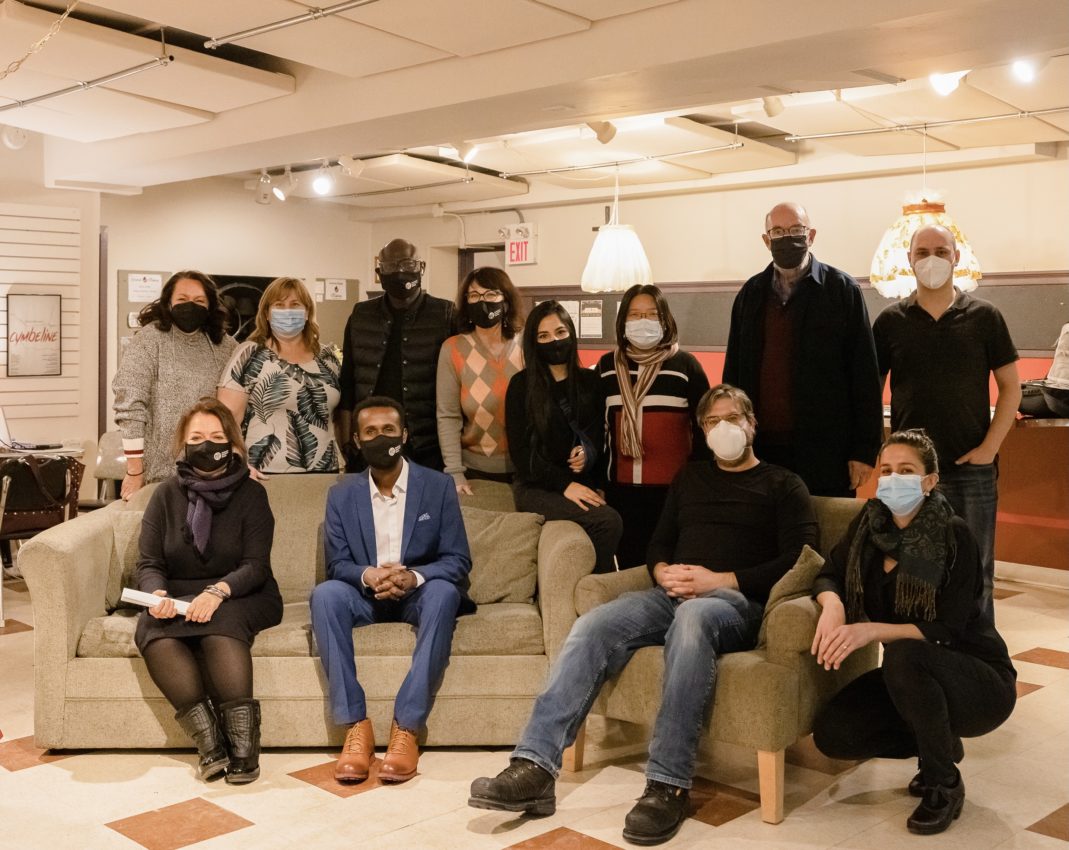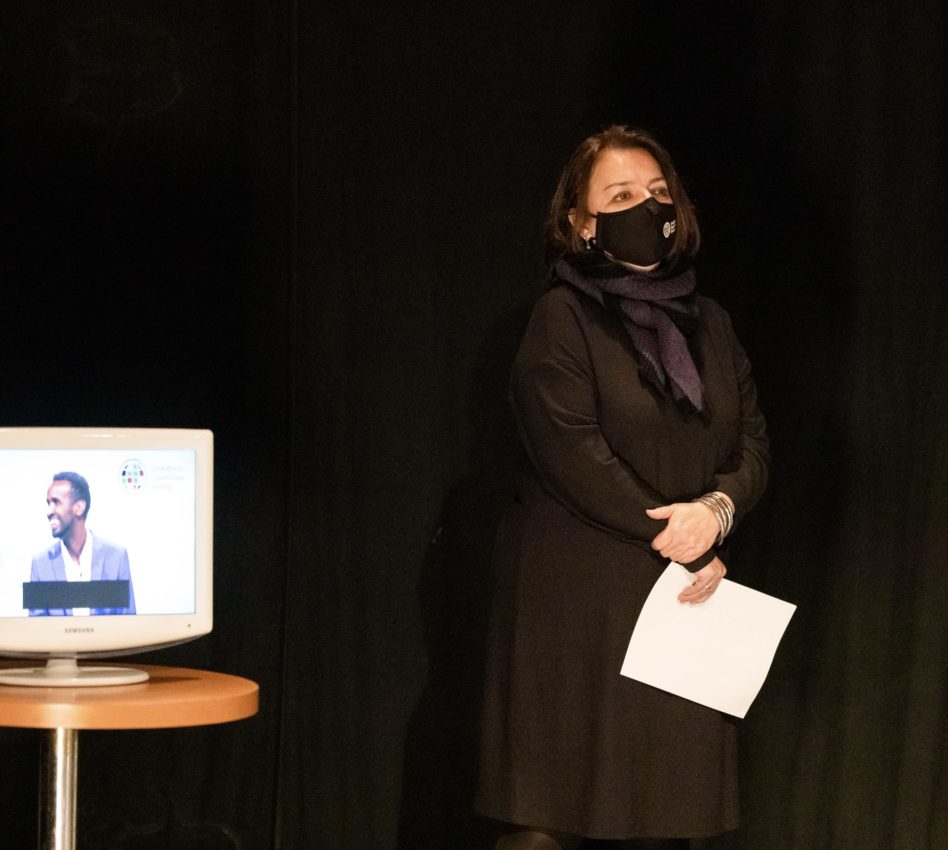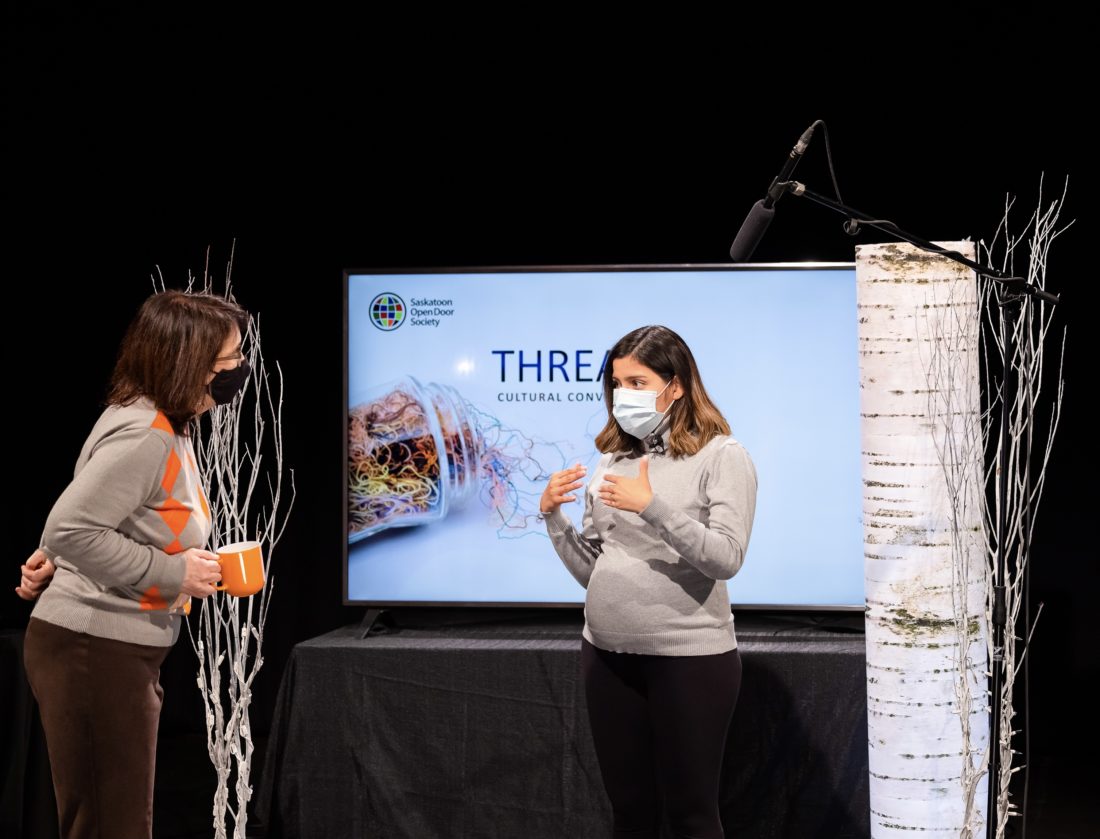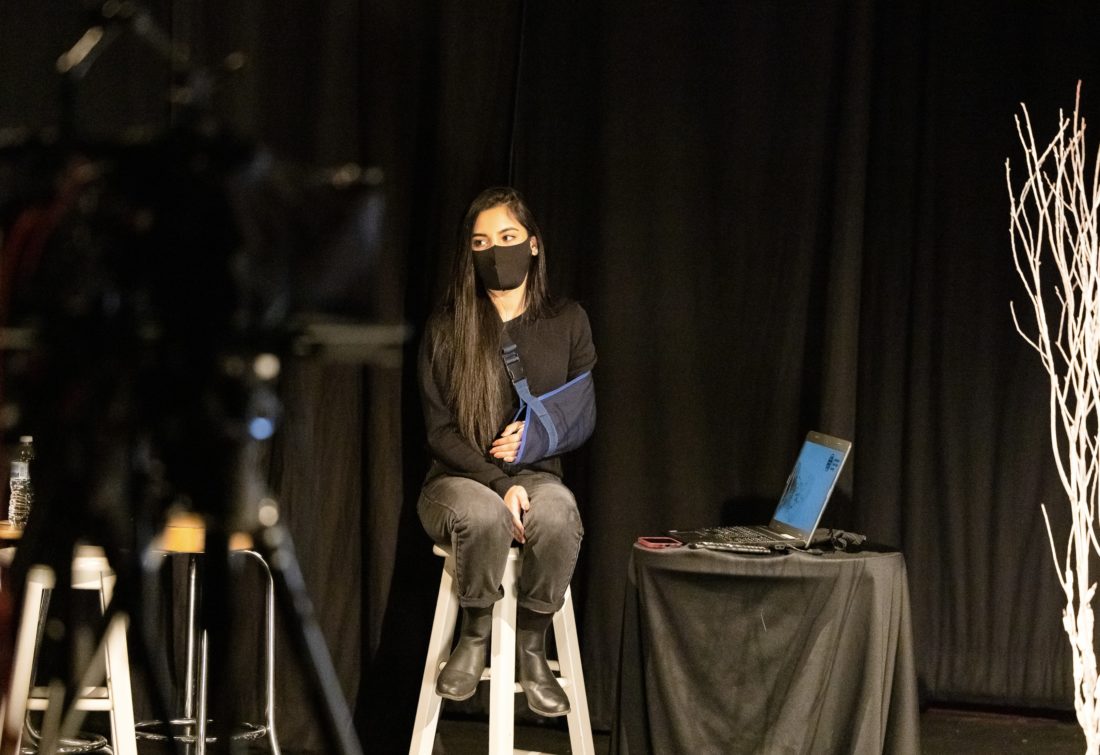
The second annual Threads: Cultural Conversations conference took place virtually last week, drawing participants from around the world, and many from the University of Saskatchewan.
This year, from Jan. 19 to 20, The Saskatoon Open Door Society broadcast talks, stories, musical performances, and spoken word poetry online with the theme of “becoming”: the idea that both humans and culture are ever changing with time. The conference, whose name “Threads” symbolizes the interwoven lives of individuals in a culturally diverse community, drew over 1,400 viewers.
Anahit Falihi, director of settlement and community support services at the SODS, says that the purpose of the conference is to promote a healthy society by giving viewers access to knowledge that broadens their understanding of others.

“[People’s] perception is shaped by their learned experiences,” Falihi said. “The aim of Threads is to expand people’s experience by offering them more variety of knowledge and information through storytelling, but the stories are in different forms.”
The event hosted over 30 speakers and performers, including USask community members Henri Biahé, an assistant professor of french linguistics and translation studies, and Candace Wasacase-Lafferty, the university’s senior director of Indigenous initiatives and community relations. Keynote speakers included nationally-known names such as former governor general Michaëlle Jean and writer Kim Thúy.
Anita Ogurlu acts as a cultural bridging facilitator at the SODS and was both an organizer and speaker for the conference. Ogurlu says that culture is “constantly in a state of flux,” which is why Threads explores the process of culturally diverse people coming together and evolving into a better community.

“Threads sort of takes what we would call a philosophical approach to discuss such questions as, ‘What is becoming? How are we humans all on some kind of a journey to becoming?’ We’re never really finished [as human beings],” Ogurlu said.
As a lecturer in sociology at St. Thomas More College and in women’s and gender studies at the U of S, Ogurlu says that the Threads conference is an effective resource for her classes.
“I also use Threads as part of my teaching in sociology because I’d like to be able to bring the real world to my students and not the university bubble. In bringing the real world, you bring the messiness, the flux, the change that’s happening to our demographic.”
Students in one of Ogurlu’s classes were asked on Wednesday to attend Threads instead of their scheduled lecture and engage with the material through an assignment.
Sameen Durr-e, a community development worker at the SODS and organizer for the event, graduated from the U of S with a BA in psychology in 2019. She likens the conference to a form of accessible knowledge mobilization — a term that describes one of the last steps in the research process, wherein research knowledge is disseminated within and beyond academia.

“There’s several talks in [Threads], where you’re basically getting a lecture, but it’s presented in a way where it looks like it’s just a conversation between multiple people and there’s a little bit of humour thrown in there,” Durr-e said.
Among the conference’s speakers was U of S international graduate student Joy Sareen, who appeared as a singer in one session and as a cricket player in another. Durr-e says that, by showing multiple aspects of Sareen’s identities, Threads shows its audience that there “are more elements to his being, and to his process of becoming.”
“As a recent student, myself, I think it’s just this is also a great way for students to not just learn, but just find ways to relate and to make connections,” Durr-e said.
Falihi says that although many platforms exist to target discrimination and challenges experienced by minorities, Threads is not meant to target any particular issue, but instead be inclusive of all demographics.
“It’s just about focusing on the concept that we’re all humans, products of circumstances and products of experiences,” Falihi said.
A previous version of this article incorrectly stated that Anahit Falihi is the manager, rather than the director, of settlement and community support services at the Saskatoon Open Door Society. The article has now been corrected to reflect this.
We apologize for these errors. If you spot any errors in an article, please email them to copy@thesheaf.com for correction.
—
Sandra LeBlanc | News Editor
Photos: Supplied by the Saskatoon Open Door Society